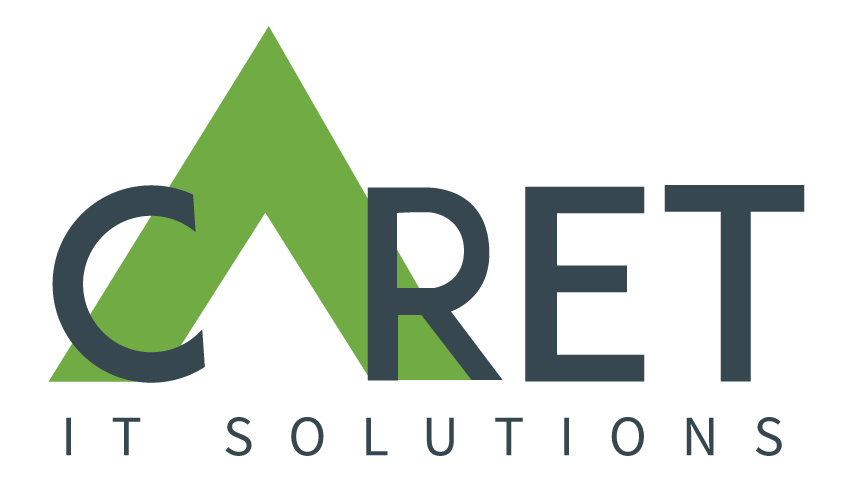Odoo vs Microsoft Dynamics
Unpacking the Differences Between Microsoft Dynamics and Odoo.
Consult with ExpertGain Clarity: Dive into the Details of Odoo vs. Microsoft Dynamics to Find the Ideal Solution for Your Business.
Selecting the right business management software is crucial for optimizing operations and driving growth. In today's market, Microsoft Dynamics and Odoo emerge as leading contenders, each offering a suite of tools designed to streamline processes and enhance productivity. Let's explore the key features, advantages, and drawbacks of both solutions to help you determine the best fit for your organization.
Odoo
Odoo is an open-source suite of business applications encompassing ERP, CRM, e-commerce, and more. Its modular design allows businesses to select and integrate specific modules according to their needs, providing flexibility and customization options.

12 million +
users

44,000 +
integrated apps

1 to 24 months
to be implemented

Microsoft Dynamics
Microsoft Dynamics is a suite of integrated business management applications, including ERP (Enterprise Resource Planning) and CRM (Customer Relationship Management). It is known for its robust functionality and scalability, catering to businesses of all sizes and industries.

4 million +
users

15
integrated apps

3 to 24 months
to be implemented
Comparison Between Microsoft Dynamics and Odoo
Feature | Microsoft Dynamics | Odoo |
Type
|
Proprietary ERP/CRM Suite
|
Open-source Business Suite
|
Scalability
|
Suitable for businesses of all sizes
|
Flexible scalability with modular design
|
Integration
|
Seamless integration with Microsoft products
|
Integrates with third-party apps and modules
|
Customization
|
Extensive customization options
|
Modular design allows customization
|
Analytics
|
Advanced analytics and reporting tools
|
Built-in analytics and reporting features
|
Cost
|
Higher initial costs, licensing fees
|
Lower upfront costs, flexible pricing
|
Support
|
Extensive Microsoft support network
|
Community-driven support, third-party vendors
|
Ease of Use
|
May have steeper learning curve
| Intuitive interface, user-friendly |
Key Considerations: Questions to Help You Decide Between Odoo and Microsoft Dynamics for Your Business
Q. What are your specific business needs and goals?
Q. What is your budget and cost tolerance?
Q. How scalable do you need the solution to be?
Q. What level of customization and flexibility do you require?
Q. What is your preferred deployment model?
Q. What level of support and training do you expect?
Q. What is your timeline for implementation and adoption?

50,000+ companies run Odoo to grow their businesses. Are you ready to choose yours?
Both Microsoft Dynamics and Odoo offer powerful solutions for business management, each with its own set of strengths and weaknesses. When choosing between the two, it's essential to consider factors such as the specific needs of your organization, budget constraints, scalability requirements, and existing technology infrastructure.
Reach out to us to discuss your requirements and find the perfect ERP solution for your organization. Our team is here to help you streamline operations, boost efficiency, and drive growth.









